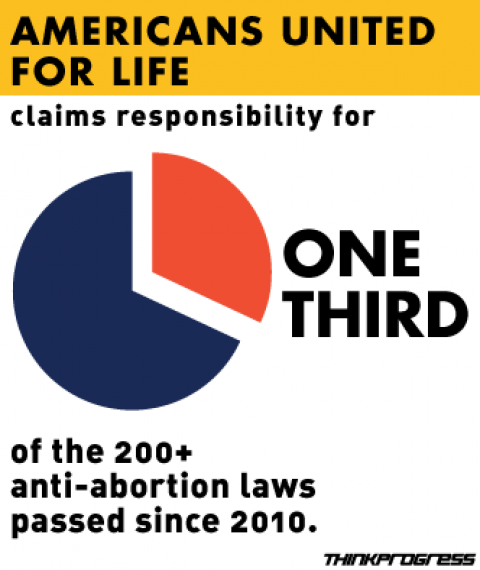Sen. McCain's Full Statement On CIA Torture Report
USA Today

Sen. John McCain spoke Tuesday on the Senate floor following the release of the CIA torture report. The Arizona Republican was a Navy pilot whose plane was shot down in enemy territory during the Vietnam War; he was tortured by the North Vietnamese as a prisoner of war.










Spread the word